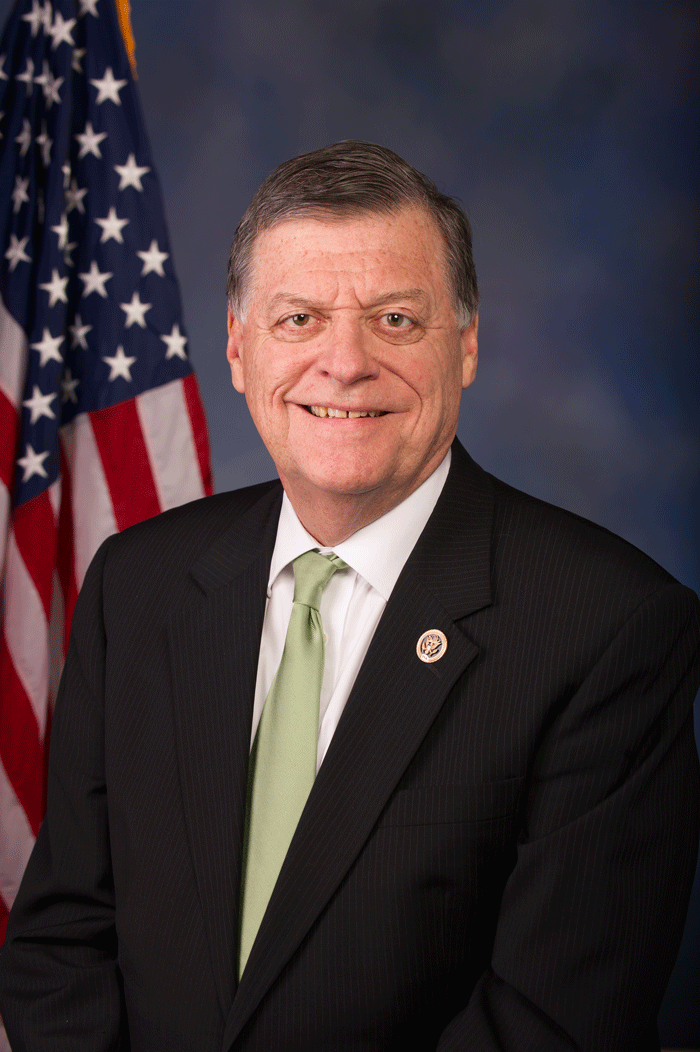
As Congress reaches the final stretches of its 115th session, the House can reflect on a long list of accomplishments it has achieved since the beginning of the session. Despite the constant discussions that partisan gridlock may be the new norm, it has been quite the opposite. Since the beginning of the 115th Congress, the House has passed 598 bills – 470 of which are sitting in the Senate with no action. That means almost 79% of all legislation passed thus far have yet to see the Senate Floor or the President’s desk. However, since President Trump took office, we have worked in concert with the Administration to advance good legislation that will support America’s economy and wellbeing.
One of the first legislative initiatives that Congress approached was the successful work to deregulate harmful government regulations and Obama-era federal rules. Congressional Review Acts served as the catalyst to end the many bureaucratic red-tape practices that have slowed industrial growth, regulated thousands of workers and hampered American ingenuity. So far, Congress has passed, and the President has signed, 15 Congressional Review Acts. Regarding deregulatory action alone, no Congress and Administration have done more than the current ones.
The most significant accomplishment of the 115th Congress so far has been the passage and implementation of the Tax Cuts and Jobs Act, which reforms the current tax code and incentivizes businesses to invest into the American economy. This year, Americans filed their taxes for the last time under the antiquated tax system and will begin to reap the benefits of the new system’s individual tax brackets. Businesses have begun to reinvest in corporate expansion, and have awarded thousands of dollars in bonuses to employees. As a result, the passage of the tax reform bill is projected to contribute to economic growth in the United States in the years to come.
During this Congressional session, the federal government, unfortunately, faced multiple continuing resolutions and even a government shutdown. The House has been diligent in the past year by passing all twelve appropriations measures to send to the Senate promptly. However, it was ultimately the Senate that made it impossible for the bill to be sent to the President’s desk on time. The Fiscal Year 2018 omnibus spending bill, which funds the entire federal government, was finally passed by both chambers and signed into law by President Trump in March of this year. It is important to note that this year’s omnibus funding bill does not direct any funds to Planned Parenthood, and includes many provisions to protect the sanctity of life. Legislative amendments like the Hyde Amendment prohibit federal funds to be used for abortion, and the Weldon amendment protects doctors and nurses that do not want to perform abortions from discrimination.
Our national security has become a top priority in the past year as well. In the Fiscal Year 2018 omnibus spending bill, the Department of Defense received its largest funding boost in 15 years, which will lift the military out of the harmful sequester. These investments in the military will bolster critical programs that support troop training, equipment, and facility maintenance, improving technology, research, and development and fulfill any readiness shortfalls. Furthermore, the funding increase will expand troop numbers, so that the U.S. military is a more robust and able fighting force.
Additionally, reforming the Department of Veterans Affairs (VA) systems has also been a significant accomplishment of the 115th Congress. A vast number of legislative reforms have been signed into law that are directed at creating more transparency and accountability at the VA. In the Fiscal Year 2018 omnibus bill, the VA received the largest dollar amount increase in history. The Department of Veterans Affairs received $85.1 billion which will help care for 7 million patients. It will also address shortfalls at the VA by reducing patient wait times, improving electronic health records and addressing the disability claims backlog.
In addition to completing the Fiscal Year 2019 funding bill this year and in regular order, the House will still maintain a busy legislative agenda to finish before the end of the year. Many major actions, like the 2018 Farm Bill and the creation of stronger border security will need to be addressed. As we reach the home stretch of the year, it is imperative that the House, Senate, and the White House continue to successfully pass bills that will advance regulatory reform, economic growth, public health and wellbeing and ultimately, the American taxpayer.